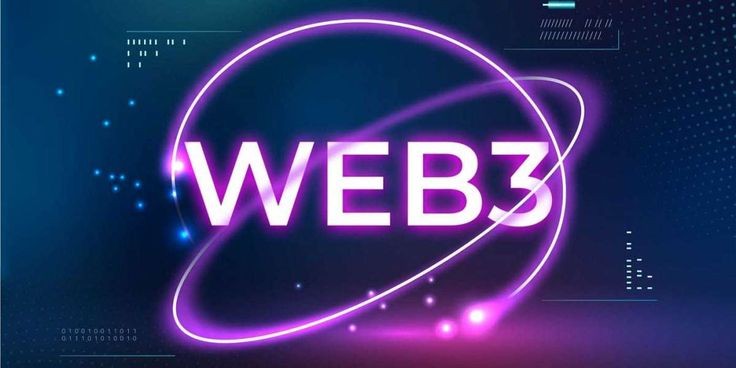
Unlock the power of decentralization with our Web3 dApp software development services! Our expert team leverages blockchain technology to build secure, transparent, and scalable decentralized applications (dApps) that empower users and revolutionize industries
Our Web3 dApp Development Services Includes:
Custom Blockchain Solutions.
Decentralized Application Development.
Smart Contract Integration. Tokenomics Design.
Benefits: Enhanced Security, Increased Transparency, Improved Scalability, Decentralized data control. Partner with us today to harness the potential of Web3 and blockchain technology. Let’s build the future of decentralization together!.
Custom Blockchain Solutions:
These solutions can includes Private Blockchains: Exclusive networks for organizations or consortia. Permissioned Blockchains: Controlled access for authorized participants. Custom Smart Contracts: Automated, self-executing contracts with specific rules. Tokenization: Creation of digital tokens for various purposes (e.g., utility, security, or governance).
Decentralized Application Development:
Decentralized application (dApp) development involves building applications that run on blockchain technology or peer-to-peer networks, rather than centralized servers. Key characteristics of dApps: Decentralized: dApps operate on decentralized networks. Open-Source: dApps are often open-source. Autonomous: dApps can operate autonomously. Token-based: dApps often utilize tokens. Blockchain Platforms: Ethereum, Binance Smart Chain. Programming Languages: Solidity, Rust, JavaScript.
Smart Contract Integration. Tokenomics Design:
Tokenomics design involves creating a token economy with a specific purpose, utility, and value proposition.
Key Aspects:
Token Purpose: Defining the token’s use case.
Token Supply: Managing token distribution and circulation.
oken Utility: Creating value for token holders.
Token Governance: Establishing decision-making processes.
Benefits:
Incentivization: Encouraging desired behaviors.
Community Engagement: Building a loyal community.
Value Creation: Generating value for token holders.
Tokenomics Design considerations:
Token distribution: Fair and transparent distribution.
Token allocation: Allocating tokens for specific purposes.
Token Burning: Reducing token supply to increase value.
Tokenomics modeling: Analyzing token economy dynamics.
Cryptocurrencies: Bitcoin, Ethereum.
Utility Tokens: Access to specific services.
Security Tokens: Representing ownership or investment.
Best Practices:
Clear Token Purpose: Well-defined token utility.
Transparent Tokenomics: Open and auditable token economy.
Community Involvement: Engaging with token holders.
